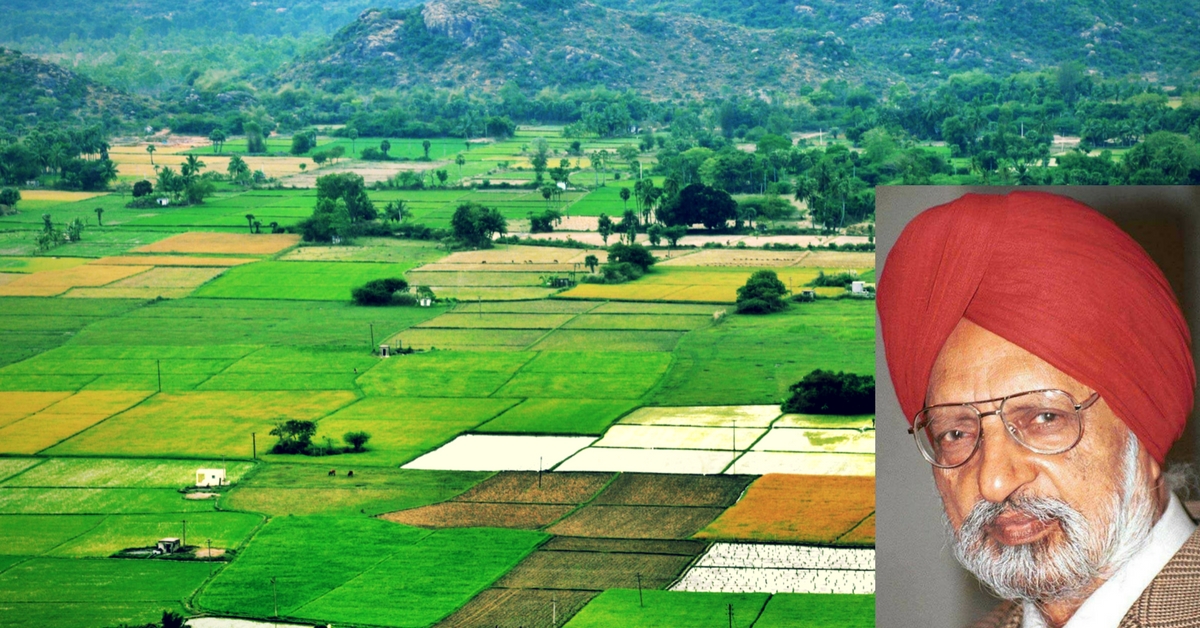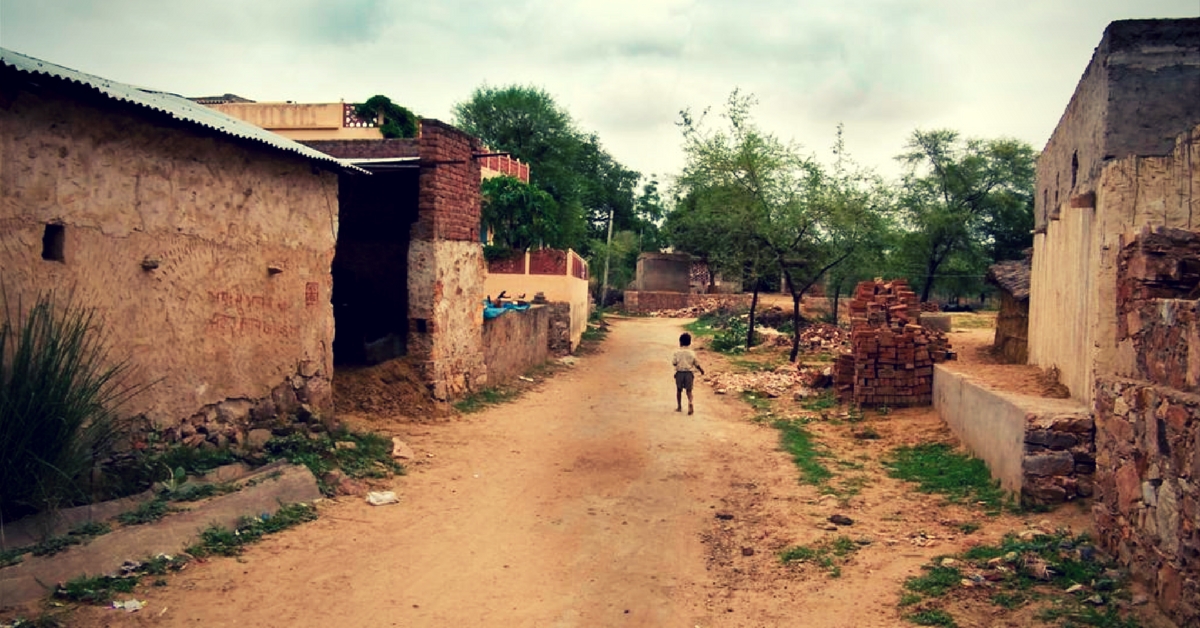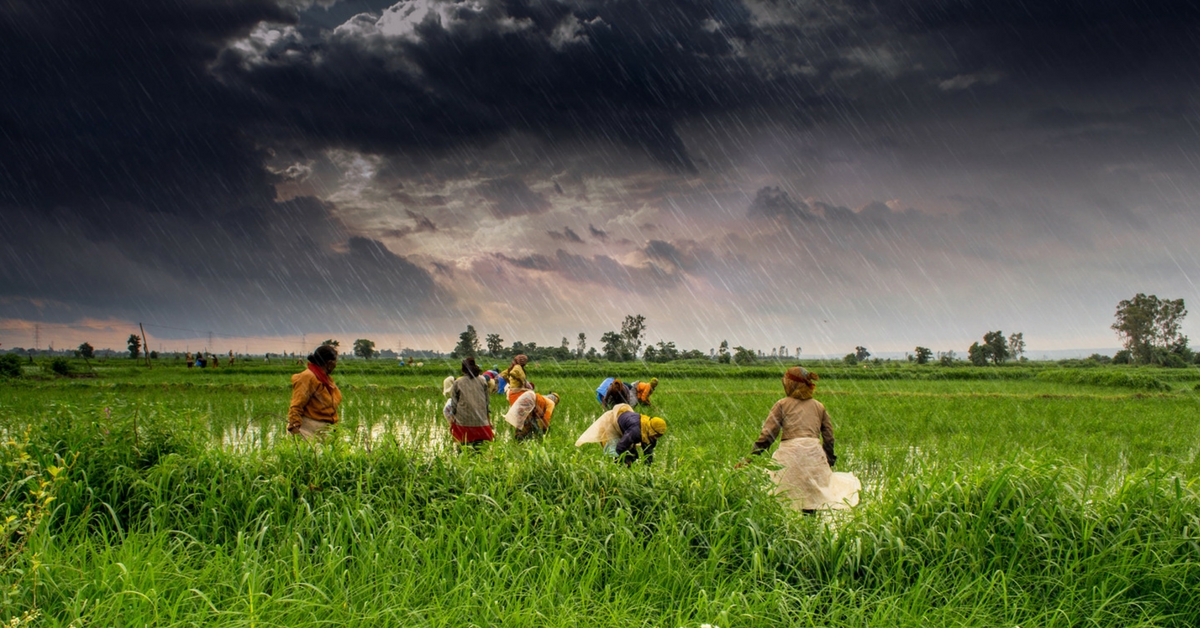Tribute: Padma-Winning Agriculturist Behind Punjab’s Green Revolution
Dr Kalkat always had the farmer's best interests at heart.

Dr Gurcharan Kalkat, who was the former Agriculture Commissioner of India, and an eminent agricultural scientist, passed away at the age of 92 on Saturday, after a long, successful life, dedicated to the field of agriculture.
His story began in 1926, in a small village called Sahora, in Hoshiarpur.

After obtaining a bachelor’s degree in Agriculture from the Punjab Agricultural College, Lyallpur (now Pakistan), in 1947, Dr Kalkat decided to pursue further studies at the Ohio State University in Columbus, Ohio, US, after receiving the prestigious Rockefeller Fellowship. He was later honoured with the “Distinguished International Student Award” of the university.
After receiving his PhD in agricultural zoology-entomology in 1958 returned to India and started his career in 1960, with the Government of Punjab, as the Deputy Director of Agriculture. He rose through the ranks and became the Director in 1971.
In 1973, Dr Kalkat was transferred to the Ministry of Agriculture and Farmers Welfare, in New Delhi, where held the post of Agriculture Commissioner/Additional Secretary Agriculture, till 1978. One of his stand-out initiatives was to get the Indian Council of Agricultural Research, and National Seeds Corporation involved in various state-level agricultural programmes.
It was under Dr Kalkat’s leadership as the Director of agriculture, Punjab, and later as the Agriculture Commissioner of India, that the country witnessed ‘Green Revolution’ and India became self-sufficient in food grain production.
From 1978-1989, he was stationed in Washington DC, as a senior agriculturist with the World Bank. During this period, his key responsibility was to work on agriculture and rural development programmes for Ghana and Nigeria. He also supervised the implementation of World Bank assisted programmes in India, Sri Lanka, Nepal and Indonesia.
Upon returning to India, Dr Kalkat took up the post of Vice-Chancellor of Punjab Agricultural University, in Ludhiana, a post he worked at till 2001. According to a release by the PAU, during this period, he identified the priority areas to find the problems of farmers and farming in consultation with agricultural economists and farm scientists.
Dr Kalkat was also appointed as the first Chairman of the Punjab State Farmers Commission in 2005.

He was a pioneer in introducing novel methods to increase production, instrumental in ushering a soyabean revolution, and banana cultivation for Punjab. Dr Baldev Singh Dhillon, the vice-chancellor of Punjab Agricultural University, credits him for the soyabean revolution, adding that he took soyabean varieties from Punjab to Madhya Pradesh, where they had widespread commercial success.
Dr Kalkat always had the farmer’s best interests at heart, observes the vice-chancellor. According to a PAU release, he identified the priority problem areas of farmers, consulting with agricultural economists and farm scientists.
Dr Kalkat is also credited with initiating the co-operation between the Punjab Agricultural University, and the farmers, to facilitate quick dissemination of modern farming methods. He coordinated between the local co-operatives and the Punjab State Co-operative Marketing Federation, enabling smooth disbursal of farming credits, and materials supplies
His landmark work in pushing the envelope in the Indian agricultural sector didn’t go unnoticed. In 1981, the Government of India honoured him with the Padma Shri, and 26 years after that, he was included in the 2007 Padma Honours list, for the Padma Bhushan award as well.
You may also like: The Story of Norman Borlaug, the American Scientist Who Helped Engineer India’s Green Revolution
Recalling his outstanding services, Captain Amarinder Singh, Chief Minister of Punjab, said that Dr Kalkat worked tirelessly throughout his life for the welfare and prosperity of the farmers. He was a pioneer, and responsible for several key reforms, in the field of agriculture.
Featured image inset photo credit: The Tribune.
Like this story? Or have something to share? Write to us: [email protected], or connect with us on Facebook and Twitter.
NEW: Click here to get positive news on WhatsApp!
If you found our stories insightful, informative, or even just enjoyable, we invite you to consider making a voluntary payment to support the work we do at The Better India. Your contribution helps us continue producing quality content that educates, inspires, and drives positive change.
Choose one of the payment options below for your contribution-
By paying for the stories you value, you directly contribute to sustaining our efforts focused on making a difference in the world. Together, let’s ensure that impactful stories continue to be told and shared, enriching lives and communities alike.
Thank you for your support. Here are some frequently asked questions you might find helpful to know why you are contributing?


This story made me
-
97
-
121
-
89
-
167











